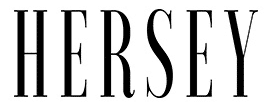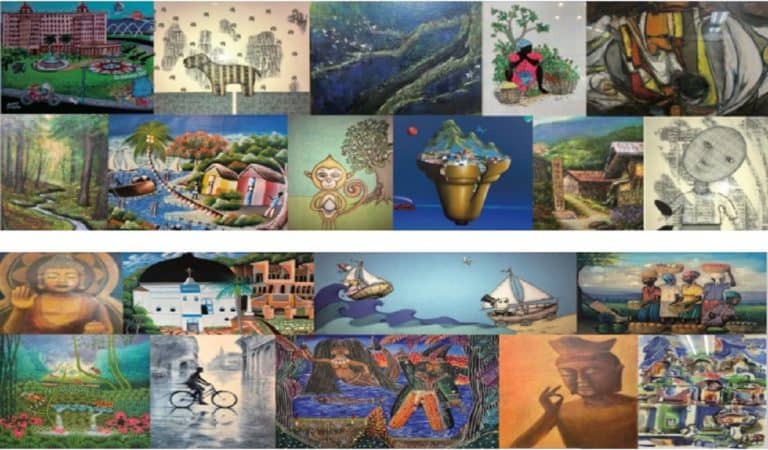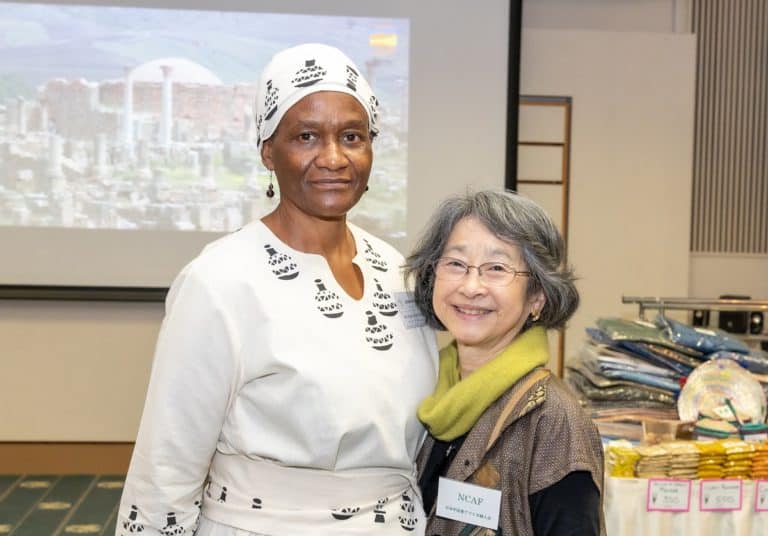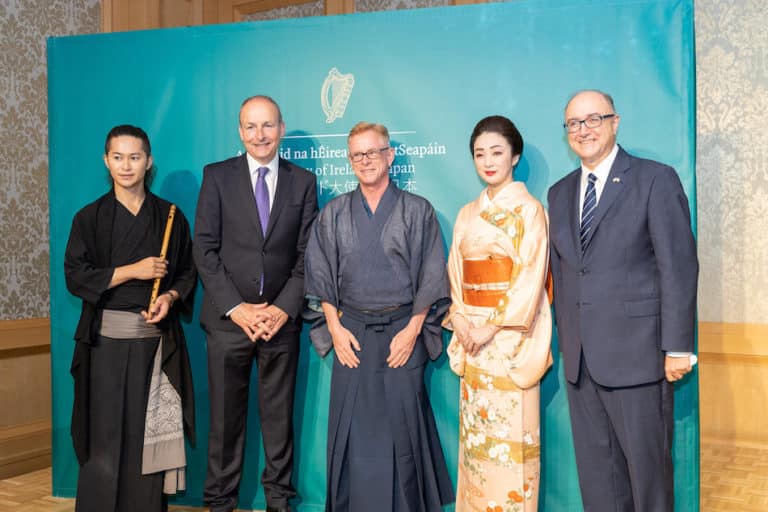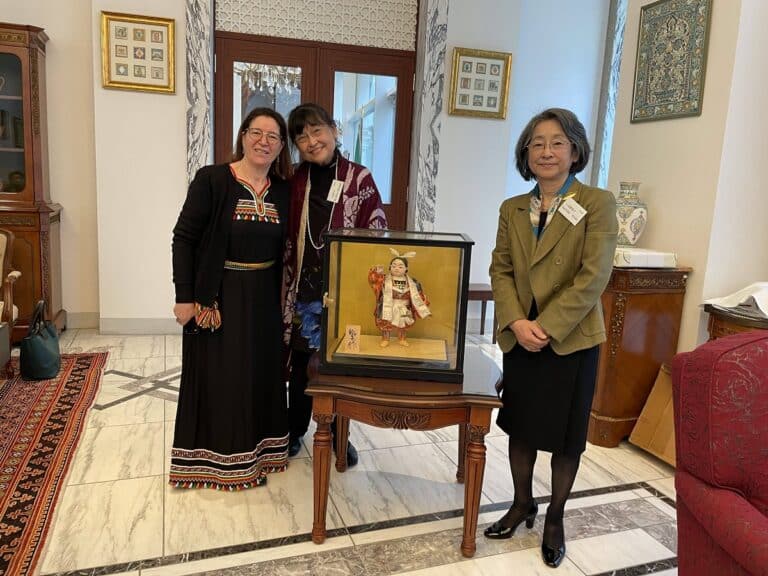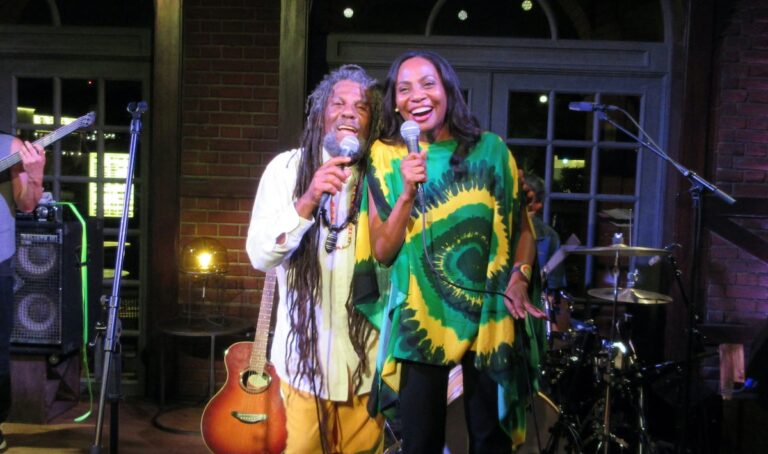Art & Power: From Pharaohs to Daimyōs
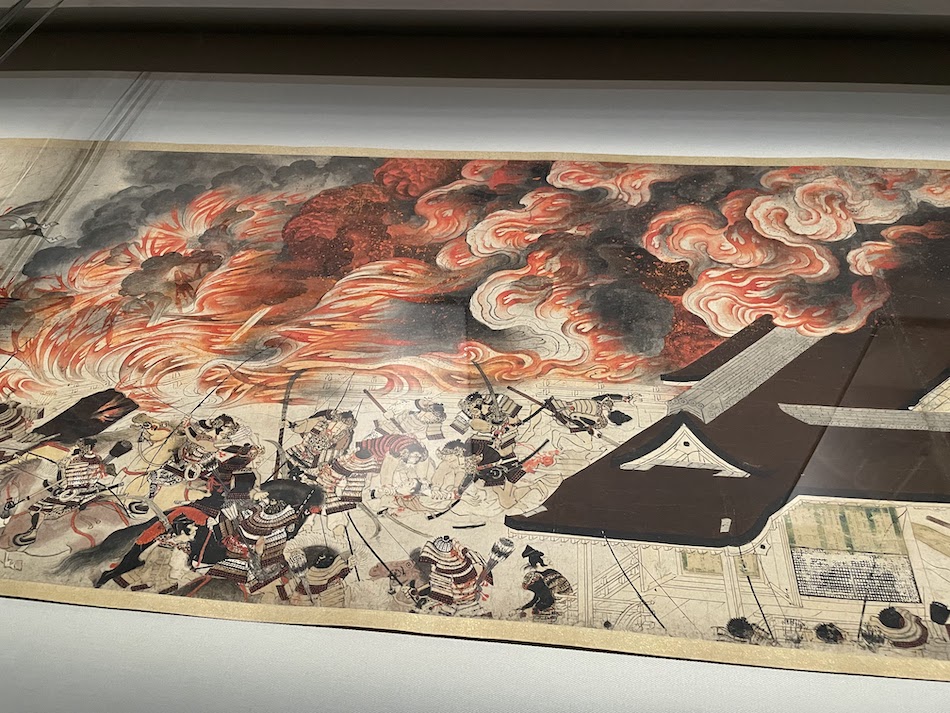
Masterworks from the Museum of Fine Arts, Boston is Currently Being Held at The Tokyo Metropolitan Art Museum
There is a relationship between the excellent works of art and the power felt at the exhibition venue. A system in which those in power supported such artists certainly existed in any era. The influence of the prosperity of the Renaissance was great, and the existence of the wealthy merchants Medici family was very important.
This exhibition is a collection of works that were created and loved by those in power at the time. The curation is diverse and never sticks to one era, region or style of art. All of them are so detailed and wonderfully beautiful that they tell us what it means to be in power.
If you look at some of his works, the golden robe of the Qianlong emperor, who is known for his love of art, catches the eye. Dragons has five claws representing the emperor, and the twelve chapters, rice, mountains, etc., represent the emperor’s dominion over even the universe. This robe speaks to us with a silent intimidation that an emperor is like this.
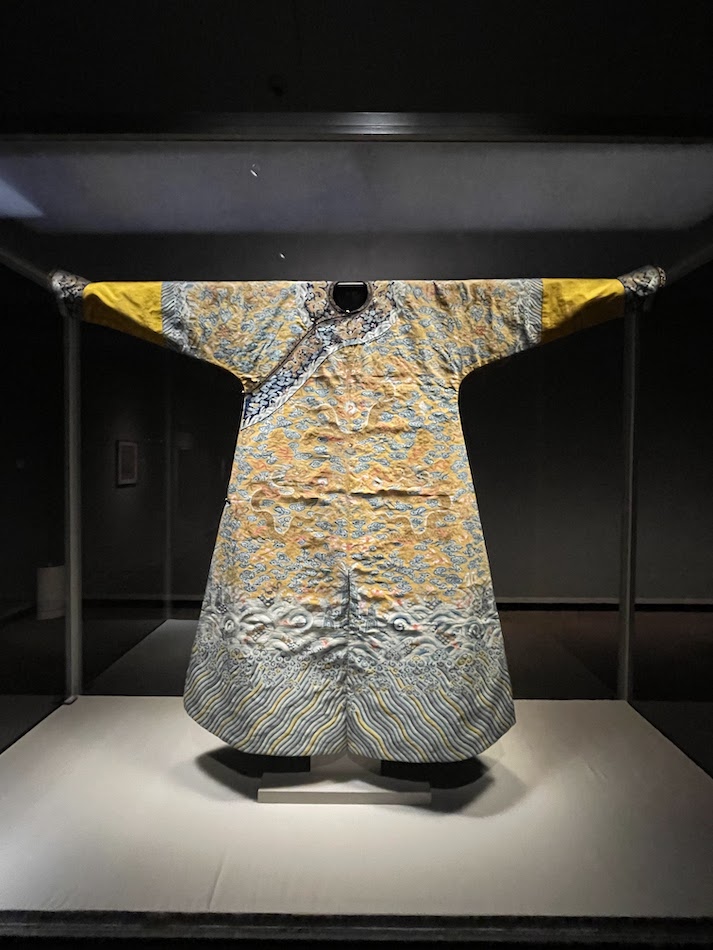
The emerald brooch that Marjorie Merriweather Post, said to be the richest woman in America, when she had an audience with King George V and Queen Mary of the United Kingdom, is a sight to behold. The surface of the large emerald in the center is carved with an iris pattern. The diamond that surrounds it and the large emerald that hangs down from the diamond can even be said to be a symbol of American wealth in the past and present.
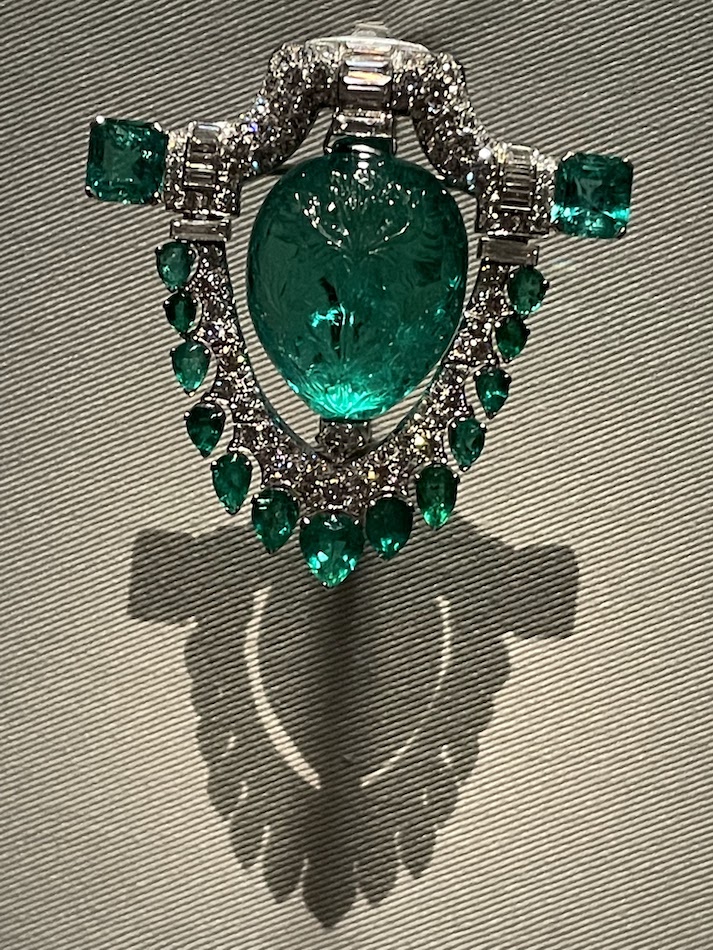
Many Japanese arts are also exhibited, but among them, “Night Attack on the Sanjo Palace from the Illustrated Scroll of the Events of the Heiji Era (Heiji monogatari emaki)” cannot be overlooked. It draws on the Heiji Rebellion, which is a historical fact, and the interesting depiction of the characters is interesting. The story of the Heiji Rebellion marks the beginning of the world of the samurai, but here the aristocrats are painted white and elegant, while the samurai are depicted with vulgar faces. Perhaps it was a work ordered by the aristocracy. Also, the depiction of the flames that engulf the aristocratic mansions that were destroyed by the coup d’état is wonderful. There is no other expression in which the art medium of ink is used so skillfully to bring out the flames. It is understandable that this work had a great influence on later writers.
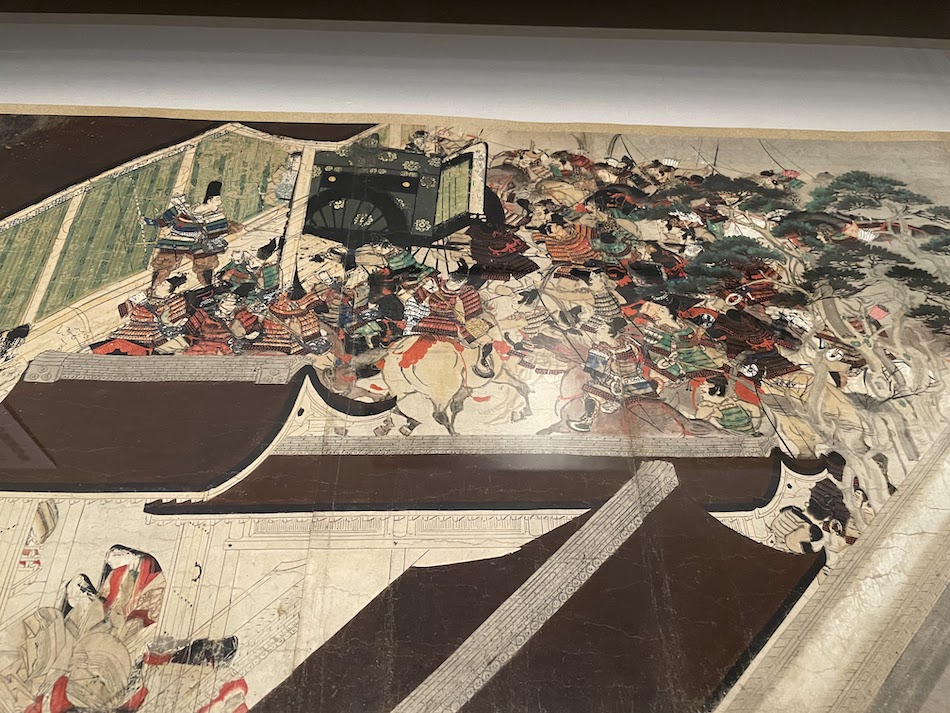
(insert as caption)
Don’t miss “Minister Kibi’s Adventures in China”, which has returned home for the first time in about 10 years. Kibi no Makibi, who went to Tang as an envoy to Tang Dynasty, was feared for his talent and immediately confined in a tall building by a Tang official. Suddenly, Akaoni -Red )appears there, gives wisdom to Kibi no Makibi, and the two work together to solve many difficult problems. The true identity of this red demon was Abe no Nakamaro, who had already crossed over to Tang and died as a guest. The bizarre story, the movement of Kibi no Makibi and Abe no Nakamaro who turned into red demons can be said to be a subculture of the 12th century, a manga-cartoon.
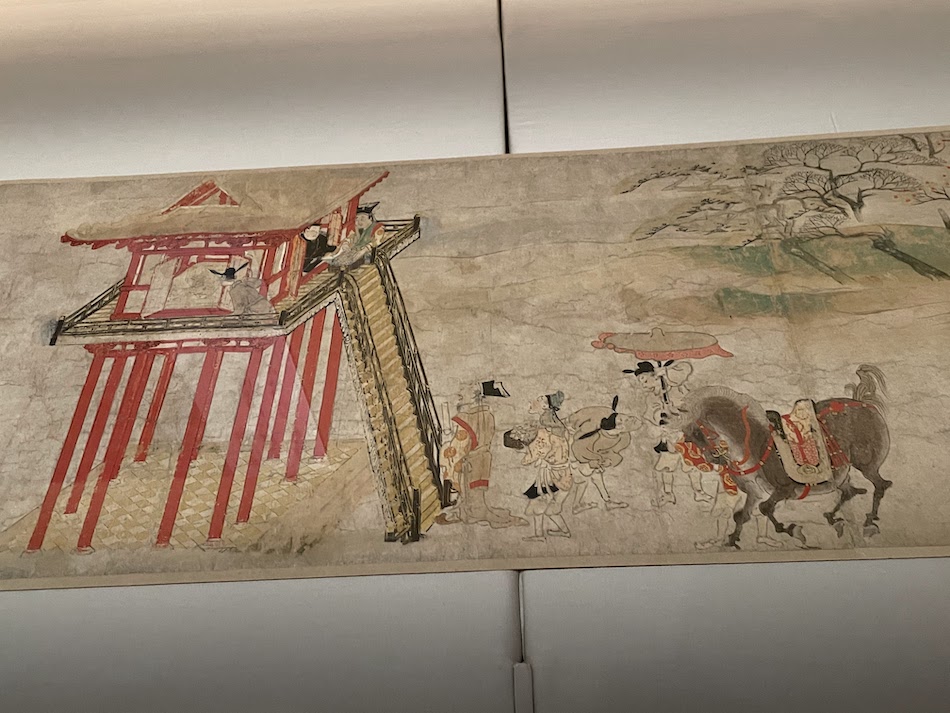
Japan late Heian-early Kamakura periods, late 12th century
In 1932, this work was sold from Japan to the Museum of Fine Arts, Boston. If it were in Japan, it would surely be designated as a national treasure. However, the laws of the time could not prevent such an outflow. After that, Japan experienced World War II. I don’t know if the state could protect such national treasure-class works of art.
Because it was housed in the Museum of Fine Arts, Boston after it was leaked overseas, it has preserved its shape, and since then has returned to Japan many times. Isn’t this also a work that authority can do?
In Japan, power and sponsors rarely defend art. I even felt the need to strengthen my power over these cultures.
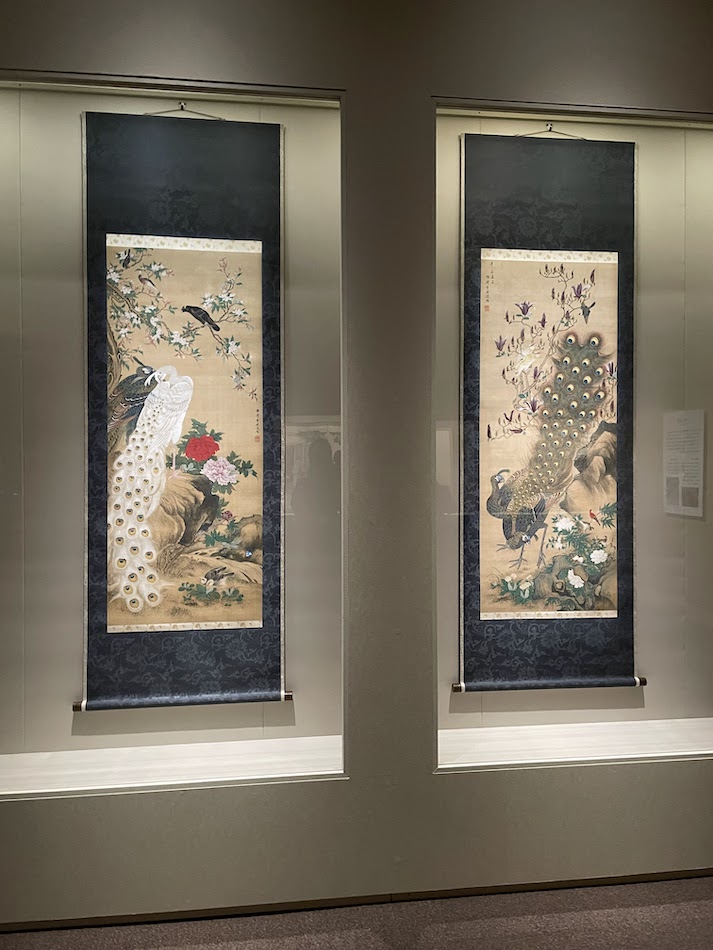
Period: July 23 (Sat) – October 2 (Sun), 2022
Venue: Tokyo Metropolitan Art Museum
Closed: Mondays, September 20 (Open the Mondays of August 22, 29, September 12, 19, 26)
Hours: 9:30 – 17:30 (Last admission 17:00)
Days of Extended Hours: Fridays 9:30 – 20:00 (Last admission 19:30)
Special WEB Site: https://www.ntv.co.jp/boston2022/
Telephone Inquiry:050-5541-8600 (Hello dial)
https://www.ntv.co.jp/boston2022/
Art & Power: From Pharaohs to Daimyōs. Masterworks from the Museum of Fine Arts, Boston is currently being held at the Tokyo Metropolitan Art Museum
All from the Museum of Fine Arts, Boston
